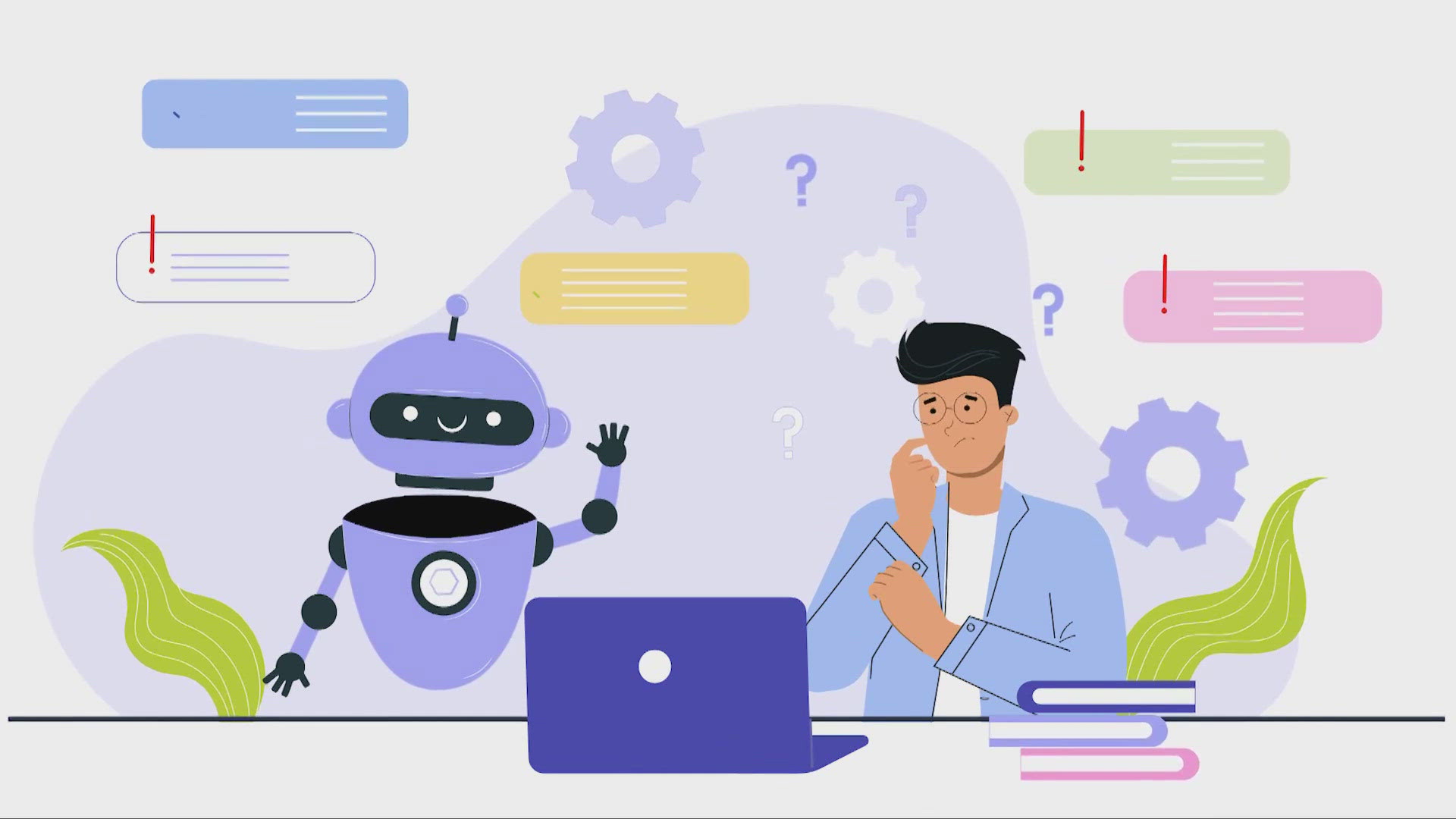HOUSTON — Each school year, the rise of technology has changed the way students learn. Now, it's also changing how their work is scored.
"As far as grading goes, I think that is more complicated given the abilities of the AI systems we have now," said University of Houston assistant law professor Peter Salib.
Salib, an artificial intelligence expert, believes there are pros and cons with implementing AI into grading and that it shouldn't be the only method used to determine grades.
"In my experience, most of the language models that are publicly available are not sufficiently reliable that I would be comfortable relying on them to grade multiple choice tests," Salib said. "For things like essays, I also, in my experience, the systems are not sophisticated enough to assign grades in the sense of rank ordering the student work."
Earlier this year, Texas started using AI to partially grade STAAR tests, with organizing citing it as a cheaper and faster method.
As for the downside, in recent years, the topic of cheating has raised concerns with systems like Chat GPT becoming so advanced that humans couldn't tell if the work was original or generated through AI.
"Some of the anti-cheating or anti-plagiarism products, like TurnItIn.com have added this kind of putative filter for AI-produced work. They are accurate, but probably not accurate enough to be useful," Salib said.
So, until the protective systems become better at catching things like plagiarism, Salib said a hybrid system of AI and human graders works best.

